THIS CONTENT IS BROUGHT TO YOU BY University of Oslo - read more
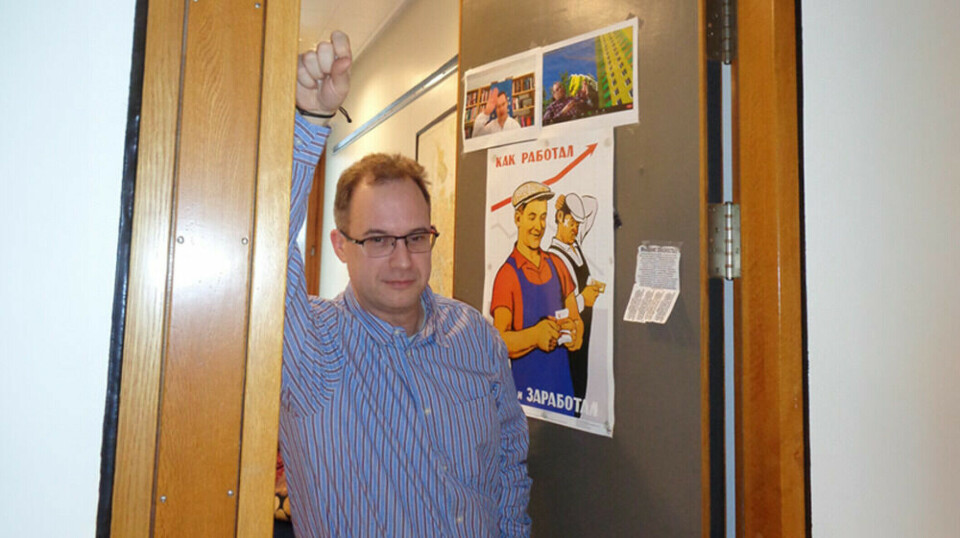
Two years after the invasion: A state of emergency to conduct research on Ukraine
"The boundary between the private and the professional has been blurred since Russia invaded Ukraine," says social geographer and professor Michael Gentile.
Shortly after Russia's invasion of Ukraine on February 24 two years ago, Michael Gentile was on location at the border, helping the family of one of his PhD students to flee.
At the same time, the student who remained in Ukraine asked for guidance. He got it.
“We had a long Zoom call where we discussed statistical models. It was dark in the countryside of the Kyiv region, where he was staying because of the attacks. So, the PhD student sat there in the darkness. Only the screen lit up his face. I asked him how he could concentrate on his doctoral thesis amidst the drama of war. He answered that concentration helped to block out the war,” says Gentile.
It’s noteworthy that the student finished his doctorate a little over a year ago.
Michael Gentile sits in his office at the University of Oslo's Department of Sociology and Human Geography.
Research put on hold
The social geographer has had Ukraine as his field of research for 15 years. His attention revolves around questions of how the country and everyone he knows there are faring at all hours of the day.
“Since the beginning of the invasion, my research has been in a kind of state of emergency. I had many projects and plans that have not been feasible,” he says.
Gentile has been involved in several major research projects in Ukraine. It started with public health. Gradually, the research has focused more on geopolitical and foreign policy preferences and urban geopolitics.
Disinformation spreads
In the years before the invasion, the Ukraine researcher became increasingly concerned with the effects of disinformation and the tendency to believe in conspiracy theories, especially in the eastern parts of Ukraine. They have been most exposed to Russian influence and propaganda.
“It's been interesting to see how disinformation spreads. One can observe that various types of misinformation are spread locally, alongside the big false narratives that Russia has spread,” he says.
Through a study in collaboration with the Swedish Ukraine researcher Martin Kragh, Gentile showed that ‘the conspiracy theory-driven propaganda weapon Russia used against Ukraine increased drastically in efficiency after the (rigged) presidential election in Belarus 2020’.
“The study was limited to the population of Mariupol, but it is interesting since Mariupol proved to be one of Russia's most important long-term targets,” Gentile says, glancing at today's Mariupol, which is an occupied ruin.
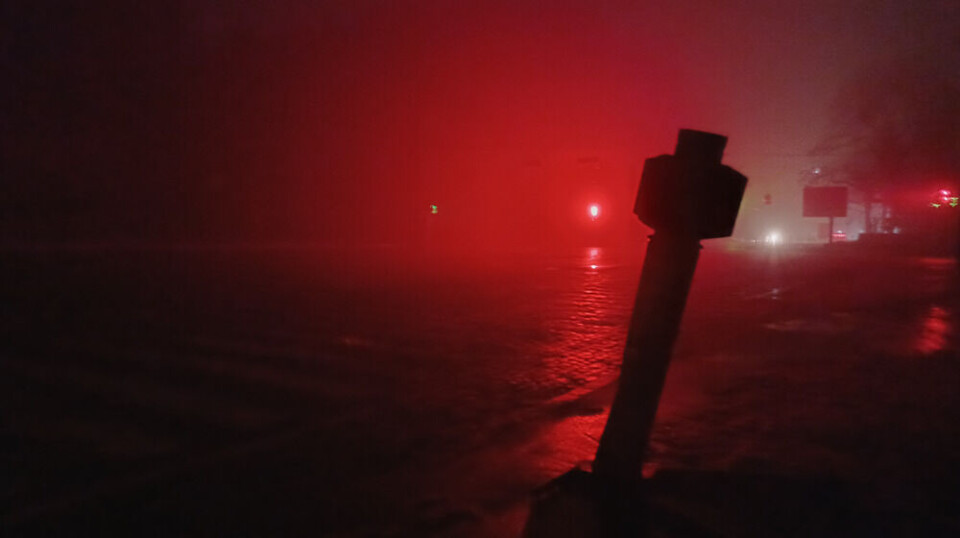
There’s a knock on the professor's door. An Armenian PhD student, Armine Bagiyan, pokes her head in. Under Gentile's guidance, she will soon defend a thesis on a Ukraine-related topic. She compares regime changes and city life in Ukraine and Armenia.
Another PhD student, of Ukrainian origin, whom Gentile also supervised at the department, unfortunately had to suspend her studies due to lack of funding.
Visits Ukraine regularly
Michael Gentile has had the north-eastern Ukraine, including Kharkiv, and also the south-eastern, including Mariupol, as research fields. He has visited war-torn Kharkiv several times after the invasion and also Izium, which he plans to closely follow in the future. Mariupol is now not possible to travel to.
Since the Russian invasion, Gentile has visited Kyiv several times. He now considers the city his new base. Life in Kyiv – including the academic life – for the most part, continues as usual, according to him. It was in the early stages that many academics and others fled the city. If not out of the country, then to the western part of Ukraine.
However, many returned quite soon after Russia was pushed away from the region. The situation, according to Gentile, became much better after a relatively good air defense system was put in place.
Bombardment in Lviv
Lviv in western Ukraine, which the professor had not previously visited, has also become a new gateway for him into Ukraine. He visited Lviv for the first time in October 2022.
“That was when the Russians attacked, so it was ‘perfect timing’,” he says ironically.
He had never experienced such a bombardment - nor had the residents of Lviv.
“When the alarm went off, the crowd did not react at first, but then we heard the explosions. It was a massive attack. Within a couple of minutes, a populated, lively street was completely empty. It was like a switch was turned off,” he says.
Gentile was in Lviv with another PhD student he was supervising.
“She had just gotten away from a bombarded Mariupol not long before. She immediately went into ‘now we must act’ mode. There was no choice but to find a shelter. It wasn't hard to see in her eyes what she was thinking: ‘Not again!’,” Gentile says.
You can't interrupt your life nine times a day
Through several visits to Ukraine, particularly in areas most affected by the war, Gentile has witnessed his colleagues and the general public eventually ignore the air raid alarms.
“I was in Kharkiv this summer. One day, the air raid alarm went off eight or nine times. You can't stop nine times every day to seek a bomb shelter, where you might have to stay up to an hour. You can't interrupt your life nine times a day, especially when it often involves vague warnings of an attack that can occur anywhere,” he says.
“Why do you expose yourself to danger by going to Ukraine under the current conditions?”
“I have a much larger network of research colleagues in Ukraine than in Norway. I have an active research practice there, even though it has had to be significantly adjusted after the invasion. In addition, it's about legitimacy,” Gentile explains.
Does not want to be an expert from a distance
Gentile explains tat when he cannot do systematic and planned fieldwork, he must at least be able to maintain contact with colleagues and conduct ‘ad hoc’ fieldwork and lay out a new research strategy.
"If one is to know what they are talking about at all, as a Ukraine expert, they must follow the conflict as closely as possible,” he says.
Gentile criticises researchers who speak about Ukraine without knowing the country well.
“I find that problematic. I don't want to be that kind of armchair expert,” he says.
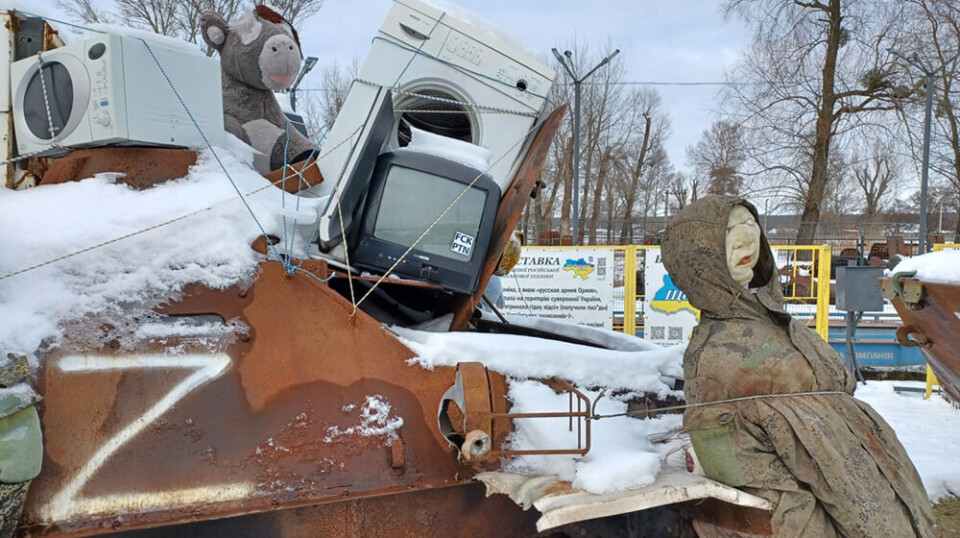
The lessons from Covid-19 have been beneficial for academia
Due to the war, life has obviously turned upside down in many places in Ukraine. At the same time, most people try to maintain daily life, according to the Ukraine expert.
“The lessons learned from the Covid-19 pandemic have made it possible for much of both research collaboration and teaching to continue digitally, for better or worse,” he says.
Many female students, whether they are internally displaced or have fled the country, thus follow their lectures online with their regular instructors.
The same goes for the many female students who have not fled – in addition to the male students, who have remained in the country, since they cannot travel abroad.
However, the male students are, so far, shielded from being mobilised in the army, unless they themselves ask to be enlisted, according to Gentile.
The will to fight is strong
The desire to give the new generation a future where they are equipped to rebuild a liberated Ukraine is strong. It is the adult men who should triumph over the Russians, while the youth educate themselves. And the will to fight is strong, as the Ukraine researcher sees it.
“We keep hearing that pessimism is spreading among the Ukrainian population after nearly two years of Russian invasion and colossal losses. And there is some truth in that. Particularly because the willingness to contribute – especially from the USA – is now more uncertain. But just because pessimism is spreading, it does not mean that the fighting spirit is any less. Quite the contrary,” Gentile believes.
“Ukrainians have learned from history that the Russians do not give up, and if this generation of Ukrainians gives up the fight, then the next generation just inherits the same problem, so the will to fight is strong,” he says.
Focus on academia
Gentile has noticed that several of his researcher colleagues in Ukraine have some of the same strategies as the PhD student he supervised in the dark early after the invasion.
“They focus on academia, in our case on socio-geographic themes: urban development and local governance. When we talk about research-related themes, it's almost as if the war doesn't exist. I think that the war permeates everything. But those who live amidst it every day need both a break from the war. In addition, they actually need to continue their research. It is their job, after all,” he says.
However, Gentile points out that no one is alike and that everyone has different conditions. Some want to talk about the war to a much greater extent than others.
“Everyone has different strategies and are also affected to varying degrees. The head of the geographical institute in Kharkiv has been subjected to bombardments both at his home and at the institute. Then the war becomes very concrete,” he says.
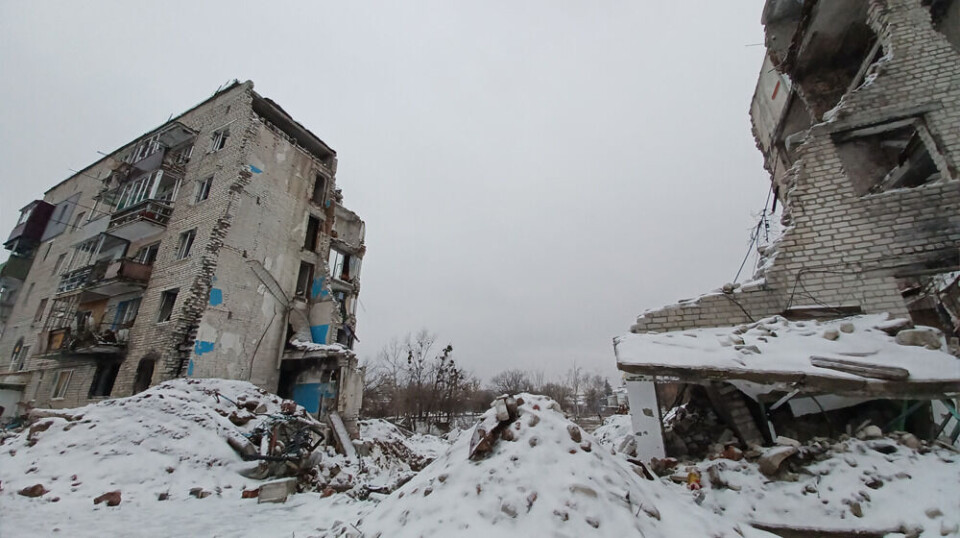
Using the Ukrainian language to show resistance
In eastern Ukraine, Russian has traditionally been the dominant language. In Kyiv, people mainly spoke Russian until 2014, but after that, Ukrainian has increasingly taken over.
“The straw that broke the camel's back was probably when Putin said he would protect all Russian speakers. And the residents of Kyiv wanted no part of that kind of protection. So since many were proficient in both languages, those who had the opportunity chose Ukrainian. And although Russian is still spoken privately, the ‘street’ or ‘outdoor’ language is Ukrainian,” Gentile explains.
He finds it fascinating that it is possible to switch the main language so quickly.
Gentile also says that the majority of Kharkiv's residents were traditionally friendly towards Russia.
“They had never believed that Russia would attack them and devastate the city centre with its historic buildings. That was a serious wake-up call for the residents of Kharkiv,” he says.
Researchers with international contacts fare best
Gentile has observed that the war has somewhat divided Ukrainian academics into two different strata.
“There are researchers who have become more active and sought after post-invasion, and then there are researchers where the status quo prevails. The most successful ones often have good language skills and access to important international networks,” he says.
“Right now, Ukraine is in high demand. ‘Everyone’ wants to include Ukrainians in various contexts, on Zoom conferences and elsewhere. There has been a form of polarisation between those who have contacts and are included in international discussions – and those who do not have this access,” he says.
Gentile sees it as positive that some researchers now reach a wider audience, but also recognises the danger of creating an A and B team in the long run, where only the A team is heard.
“Therefore, it's important to be aware of this and to establish contacts with more researchers in Ukraine, not just the A team,” he says.
Wants to understand the war and its causes
As a Ukraine researcher, Michael Gentile has developed an overriding interest since the Russian invasion.
“The only thing that interests me is understanding the war and its causes, what effect it has on the population - both the parts of Ukraine that have been subject to occupation, and those that hopefully never will be,” he says.
He looks forward to the end of the war and will then closely follow how things unfold – including in Izium in the northeast. The city was under Russian control for six months until it was liberated in September 2022.
“It's not only physical reconstruction that is needed, but also rebuilding a society where some have been collaborators and others have fought against the Russians. Izium was a city with barely 50,000 inhabitants. Now there are maybe 10,000 left. I hope to be able to follow the reconstruction there before long,” Michael Gentile concludes.
———
Read the Norwegian version of this article on forskning.no
This article was translated by UiO:GPT Version 4
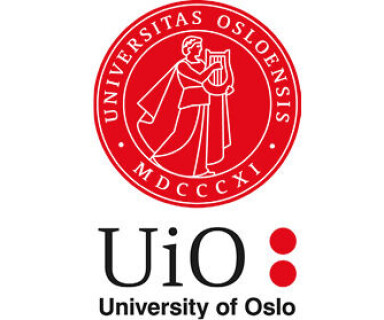
This content is paid for and presented by the University of Oslo
This content is created by the University of Oslo's communication staff, who use this platform to communicate science and share results from research with the public. The University of Oslo is one of more than 80 owners of ScienceNorway.no. Read more here.
More content from the University of Oslo:
-
Mainland Europe’s largest glacier may be halved by 2100
-
AI makes fake news more credible
-
What do our brains learn from surprises?
-
"A photograph is not automatically either true or false. It's a rhetorical device"
-
Queer opera singers: “I was too feminine, too ‘gay.’ I heard that on opera stages in both Asia and Europe”
-
Putin’s dream of the perfect family




































